KYIV. Sept 14 (Interfax-Ukraine) – Businesses are increasingly unable to decide on plans for the next three months: at the end of August, such respondents are already more than 10%, although the share of those who find it difficult to assess prospects in the next six months has decreased from 20.4% in July to 16% in August, these are the results of the 16th monthly survey of the Institute for Economic Research and Policy Consulting (IER).
“Despite high levels of long-term uncertainty and increased short-term uncertainty, business performance has improved and business expectations remain high and are rising again,” the study states.
Over the next two years, the level of business uncertainty at the end of August increased to 56.4% from 55% in July.
At the same time, 23.1% plan to expand their activities in the long term (25.9% in July), 69.2% plan to maintain them at the current level (68.2% a month earlier), and narrow activities – 7.7% in this wave of the survey (6% a month earlier).
At the same time, the share of enterprises that planned to increase production in the next three to four months increased from 44.2% in July to 47.6% in August, and 48.5% expect to maintain production volumes over the next three months. (51.8% in July).
As for the barriers to doing business, the rise in prices for raw materials and goods is still in the lead: 57% of respondents indicated this in August, which is 5 percentage points higher than in July.
Logistics problems continue to rank second on the list of obstacles: 41% in August versus 43% a month earlier.
The top-five obstacles also included: decreased demand – 37% (34% in July), disruption of supply chains – 37% (37%), and labor shortage due to recruitment or departure of employees – 35% (38%).
The IER reported that the share of enterprises operating at full capacity remained at 7%, almost at full capacity (75%-99%) – 50% (52% in July), while those not operating at all – 3% (2%).
The share of enterprises reporting an increase in exports increased from 20.5% to 26.1%, while 21% reported a decrease in exports (23.2% in July).
According to the study, 2.3% intend to reduce the number of workers, which is 2 percentage points less than the July figures, while 7% plan to increase employment (6.6% in July).
